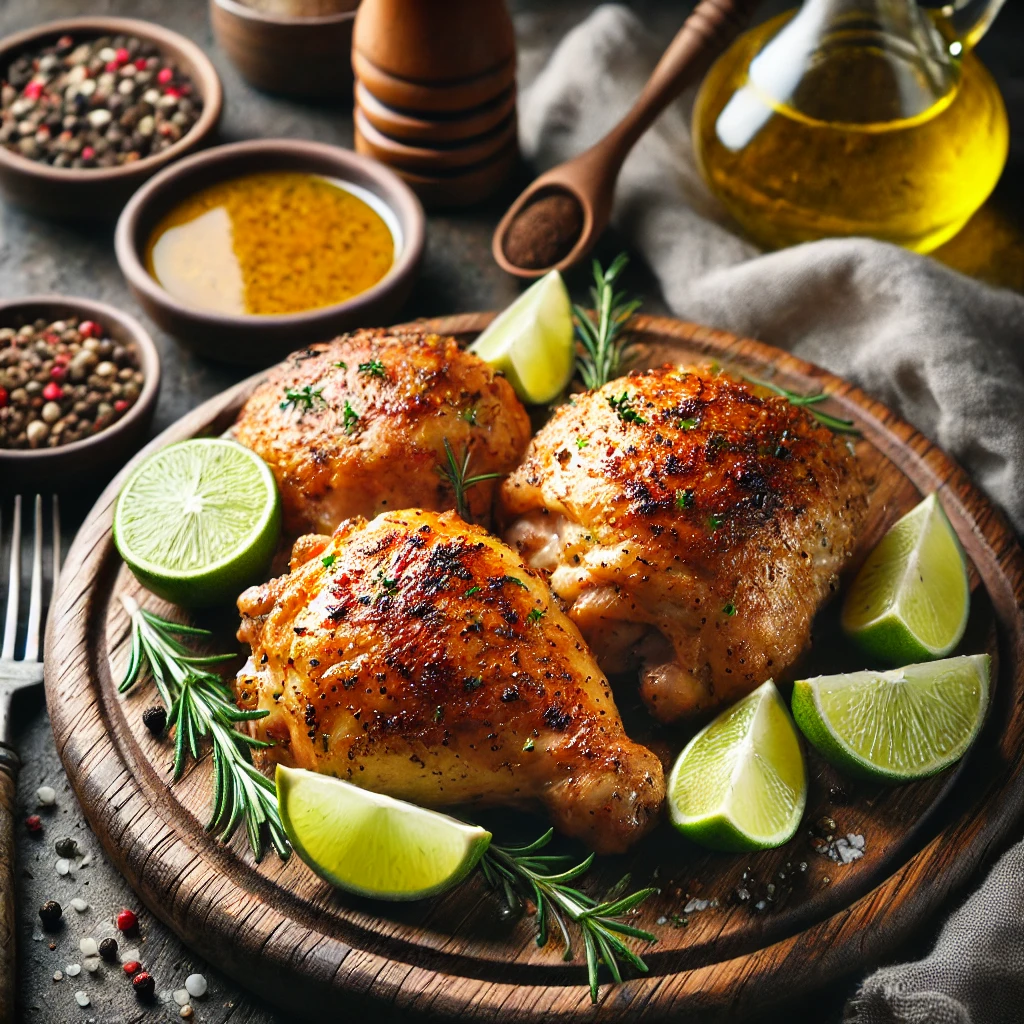When Is Eating High-Protein Eating Too Much Protein?
Published September 3, 2024 – 5 Minute Read
Key Takeaways
- While increasing your protein intake can be beneficial, overconsumption offers diminishing returns.
- The body typically maxes out protein utilization around 1.6 grams per kilogram of body weight daily; for a 140-pound person, this equates to approximately 100 grams.
- Balancing protein intake with other essential nutrients, including fiber, fruits, vegetables, and healthy fats, is crucial to maintaining overall health and achieving fitness goals.
The High-Protein Craze in Perspective
High-protein diets have been trending in 2024, with social media platforms and health enthusiasts praising their benefits. From protein shakes to bars and low-carb, high-fat diets like Keto and Carnivore, there’s a common belief that more protein equals better health and faster results. However, this isn’t entirely accurate.
How Much Protein Is Necessary?
Protein is vital for every cell in our bodies, contributing to muscle growth, tissue repair, and overall development. But what’s the optimal intake?
- Standard Recommendations: For the average sedentary adult, the USDA recommends 0.8 grams of protein per kilogram of body weight. For a 140-pound person, that equates to roughly 51 grams per day, achievable with simple meals like Greek yogurt and a chicken breast.
- Optimal Intake vs. Excess: While most of us could benefit from slightly higher protein consumption, excessively high intake may have drawbacks. According to Stephanie Nelson, MyFitnessPal’s lead nutrition scientist, “More protein is not always better.”
Potential Pitfalls of Overeating Protein
Excessive protein can crowd out essential nutrients and make it difficult to achieve a balanced diet. Protein-centric diets may lead to reduced variety, making it harder to consume enough fiber, carbs, and healthy fats.
The Limit of Protein Utilization
There’s a ceiling on how much protein your body can effectively utilize for muscle growth. The upper limit is approximately 1.6 grams per kilogram of body weight per day. For a 140-pound individual, this means more than 101 grams of protein daily yields minimal additional benefit in terms of muscle gain.
Similarly, consuming more than a quarter of your body weight in grams of protein per meal typically stops delivering further muscle-building benefits. For example, a 100-pound person would gain no extra muscle benefit from consuming more than 25 grams of protein per meal.
Balancing Protein for Optimal Results
Achieving optimal health and fitness goals requires a balanced approach to protein intake. Exceeding 35% of total calories from protein may lead to challenges in maintaining a balanced diet. Lean protein sources like chicken, fish, beans, and low-fat dairy offer protein’s benefits without the drawbacks of excessive red meat consumption.
Signs You May Be Overeating Protein
- You rely heavily on protein supplements, having exhausted whole food options.
- Your diet lacks balance, neglecting fiber, fruits, and vegetables in favor of protein.
The Importance of Dietary Balance
Ultimately, it’s about balancing protein with other vital nutrients like fiber, fruits, vegetables, and healthy fats. “You can prioritize protein by selecting a protein source for your meals and building the rest of your meal around it,” explains Nelson.
The Bottom Line
While protein is vital, moderation and balance are key. Focus on creating a diet rich in whole foods, including lean proteins, fruits, vegetables, whole grains, and healthy fats, to support your health and fitness journey.







